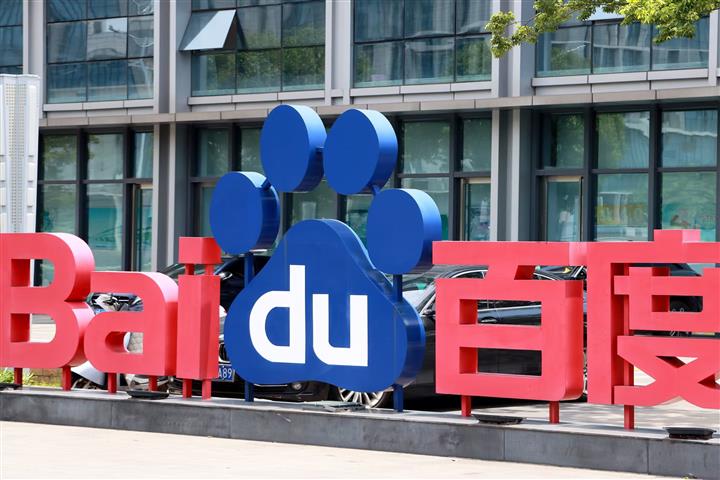TL;DR:
- Baidu’s Hong Kong shares plunged 11.5% due to allegations linking Ernie AI to the Chinese military.
- The company vehemently denied any direct collaboration with the military.
- The broader Hang Seng index remained stable despite Baidu’s sharp decline.
- Reports were based on a research paper indicating PLA’s testing of AI systems, including Baidu’s Ernie.
- Baidu clarified that Ernie is available for public use, and the research paper’s testing used general user prompts.
- Concerns arose about potential U.S. sanctions over alleged military affiliations.
- Baidu’s U.S. shares were unaffected due to a market holiday.
- Ernie had been introduced as Baidu’s answer to OpenAI’s ChatGPT.
- Baidu had started monetizing Ernie, reporting strong Q3 sales from AI offerings.
- Chinese tech companies, including Alibaba and Tencent, also entered the AI landscape in 2023.
- U.S. chip bans pose challenges to China’s AI development, impacting companies like NVIDIA.
Main AI News:
In a surprising turn of events, Baidu Inc., a prominent player in the technology sector, witnessed its Hong Kong shares plummet by over 11% on Monday. The cause behind this dramatic drop stemmed from reports linking Baidu’s flagship artificial intelligence system, Ernie, to the People’s Liberation Army (PLA) of China. Despite the initial shock, Baidu swiftly refuted these allegations, denying any direct collaboration with the military.
The repercussions of this controversy were undeniable, as Baidu’s shares closed 11.5% lower at HK$100.50, marking the company’s worst trading session since late 2022. On the other hand, the broader Hang Seng index remained relatively stable, closing flat for the day.
The allegations surfaced through a report published by the South China Morning Post (SCMP), which cited a recent research paper. According to the SCMP, a laboratory associated with the PLA’s Strategic Support Force had conducted experiments on an AI system using several large language models, including Baidu’s Ernie and IFlyTek’s Spark. Baidu was quick to counter these claims, emphasizing that there had been no business collaboration with the authors of the research paper. Furthermore, the company asserted that it had not provided any specialized services for the testing process.
Baidu sought to clarify that its Ernie AI system was available for use by the general public and that the testing mentioned in the research paper had been conducted using prompts accessible to any regular user. Despite these clarifications, concerns continued to mount as investors worried that any potential association with the PLA could invite sanctions from the United States, especially given the ongoing exploration of military applications of AI by both nations.
It is worth noting that Baidu’s U.S. shares remained inactive on Monday due to a market holiday, leaving the company to grapple with the fallout from these allegations in the Hong Kong market.
Ernie, Baidu’s flagship AI bot, had been developed as a response to OpenAI’s ChatGPT, emerging onto the scene just a few months after its rival. This development was part of a global trend towards the proliferation of large language models. By late 2023, Baidu had already started monetizing Ernie, reporting robust sales in the third quarter thanks to its AI offerings.
Baidu’s Chinese counterparts, Alibaba Group Holding and Tencent Holdings, had also been proactive in releasing their own AI offerings in 2023. However, China’s AI ambitions face significant challenges, primarily due to the U.S. ban on the sale of crucial AI-related chips to Chinese entities. This ban has hit NVIDIA Corporation, a key chip manufacturer for AI development, particularly hard, preventing it from selling its latest chips in China. Both Tencent and Alibaba have expressed concerns that this ban could impede their AI development efforts. In retaliation, China has imposed sanctions in response to the ban.
Conclusion:
The controversy surrounding Baidu’s Ernie AI and its alleged ties to the Chinese military has significantly impacted the company’s stock performance, causing an 11.5% decline in Hong Kong shares. While Baidu vehemently denies any collaboration with the PLA, concerns about potential U.S. sanctions persist. This incident underscores the increasing scrutiny and challenges faced by China’s AI industry, particularly in light of geopolitical tensions impacting technological advancements and international markets.

